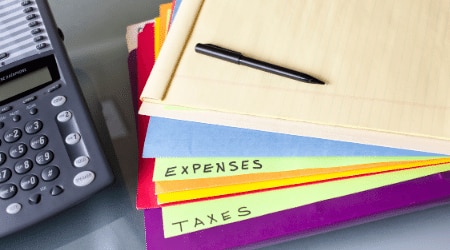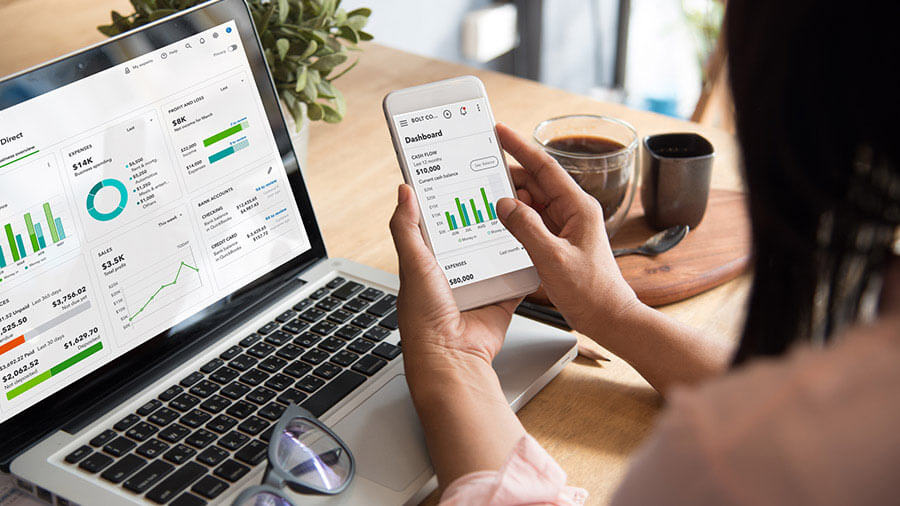Going freelance? Becoming a contractor? Starting your own business? Get the low-down on setting up as a sole trader in South Africa.
There’s no denying it: being your own boss is pretty great. You have higher earning potential, the freedom and flexibility to choose your own hours, and you’ll build something of your very own. If that sounds enticing, you’re not alone: approximately 80% of South Africa’s economy is made up of small micro medium enterprises (SMMEs).
However, there are some less glamorous parts to being self-employed, and most of it has to do with paperwork. And whether you’re starting a business or taking the freelancer route, one of the first things you’ll need to do is register as a sole trader with the South African Revenue Service (SARS).
Although you’re on the road to self-employment, don’t worry — you’re not alone. In this guide, we take you through everything you need to know about setting up as a sole trader in South Africa.
In this article, we will discuss:
- What is a sole trader?
- Sole proprietorship vs company: what’s the difference?
- Advantages and disadvantages of a sole proprietorship
- How to register a sole proprietorship in South Africa
- Step 1: Business name registration
- Step 2: Register for statutory requirements
- Step 3: Understand tax and legal responsibilities
- Step 4: Set up insurance
- Step 5: Opening a bank account
- Step 6: Obtaining relevant licenses to ensure compliance
- How to set up as a sole trader via SARS eFiling or Mobile App
- Registering as a sole trader in the SARS branch
- Managing tax year-end as a sole trader



